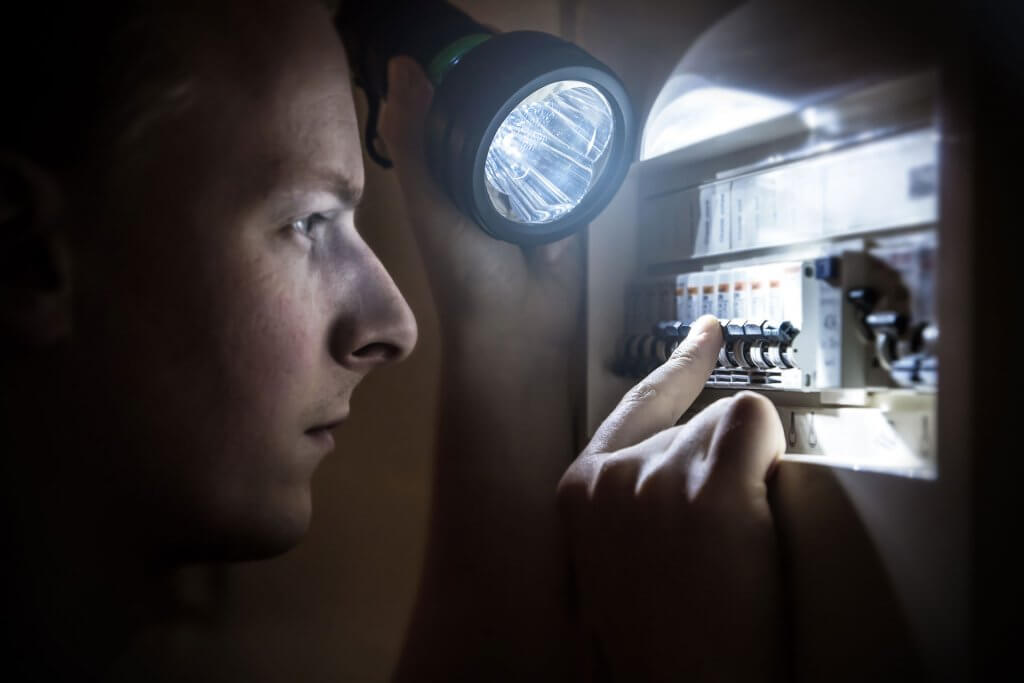When your car is making a strange noise, it’s typically a sign that something is wrong and you need to see a mechanic. The same goes for heating systems – and the earlier you address a problem, the better. As a homeowner, it’s important to tune in to strange noises – from clanging, banging, squeaking, and chirping – to properly maintain the underpinnings of your Coastal Maine or New Hampshire home.
Different types of noises correlate to different problems. Also, different types of heating systems produce different issues. Know what type of system your home employs and listen carefully to what your heating system is telling you. If possible, record when your heating system is making noise and what those noises are. That way, you can provide comprehensive information when speaking to an HVAC technician.
Let’s explore some issues that are often the root causes of a heating system or furnace making noise.
Why Is My Furnace So Loud?
Blower wheel or motor needs replacing
A loud scraping noise that sounds like metal on metal is likely a sign of a blower wheel within a furnace that needs to be replaced. If you hear a noise like this, turn the furnace off immediately and call a licensed HVAC technician, because this is not a problem that you should try to rectify yourself. A furnace with a broken blower wheel will not work properly and can be dangerous. If the furnace produces a humming sound, that could also signify problems with the blower motor.
Dirty furnace burners
If you hear a loud popping or banging noise from your furnace, turn off your heating system and immediately call an HVAC technician. When dirt builds up on furnace burners, it can cause a delay in the ignition, which then leads to small explosions in the heat exchanger. This is a dangerous problem and often an expensive repair.
Gaps in ductwork or clogged filter
If you have a forced hot air system that produces whistling sounds, it could point to a couple of problems: a clogged filter or holes in the ductwork. You can prevent a clogged filter by changing it regularly – the recommended frequency of changing a filter can range from every 6 weeks to 6 months, depending on whether your family members have allergies, pets, or small children. Our heating service club maintenance plan includes a free annual inspection with a filter check.
A dirty or clogged filter can also be the root cause of a furnace making banging noises when it shuts off. When a filter is clogged, it prevents the air inside the furnace from escaping properly, which leads to a backup. Once it shuts off, a backed-up furnace will expand due to an excessive amount of air, creating a loud banging noise.
Belt needs replacing
If you hear a chirping sound coming from a furnace, it could be as innocuous as the system warming up – especially if it hasn’t been run in a while. But a continuous chirping sound could be indicative of a belt that needs to be replaced, especially if the sound worsens over time. An HVAC technician can handle this repair for you.
Pilot light or thermocouple issues
If your furnace is making a clicking noise, there's a good chance that the spark igniter is attempting to light the pilot. Repeated clicking noises coming from a furnace means that there's probably a malfunction. Whenever gas is involved, it's best to call a licensed HVAC technician; troubleshooting a gas furnace can be extremely dangerous.
A clicking furnace could also point to a thermocouple issue. A thermocouple is the sensor that detects flame and opens the valve to release gas. When the thermocouple is malfunctioning, then it won't detect the flame, and gas won't be released through the valves. The pilot light could also be malfunctioning, possibly due to an imbalance of gas and air that causes the flame to miss the sensor.
Steam Heat Woes
If your house is older and equipped with radiators, then you most likely have steam heat. Steam heat is generally noisy, so it’s often difficult to discern what’s normal and what is cause for concern. Loud, continuous knocking and banging is relatively normal, but it’s also preventable. It’s often indicative of trapped air bubbles in the pipes or expanding and contracting pipes. An HVAC technician will be able to fix both issues so that your heating system operates more quietly.
BE SAFE, NOT SORRY
Overall, it’s better to be safe than sorry. If your heating system is making noise, make an appointment with a licensed HVAC technician to diagnose and repair the issue. HVAC problems are often complicated, and should only be handled by experienced professionals. Additionally, these HVAC issues can quickly become dangerous, and it’s best to err on the side of caution when it comes to your family’s home.



